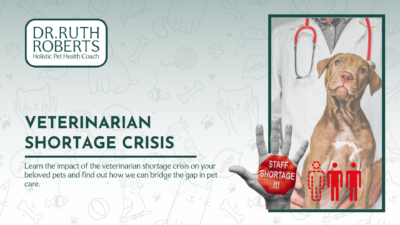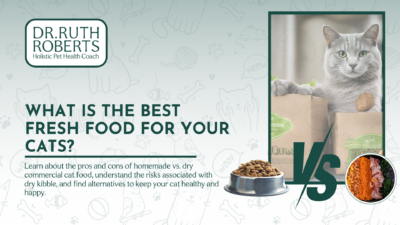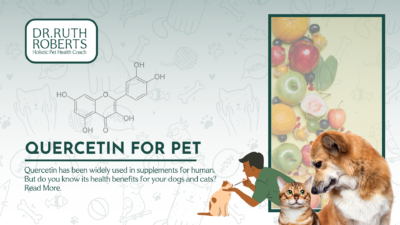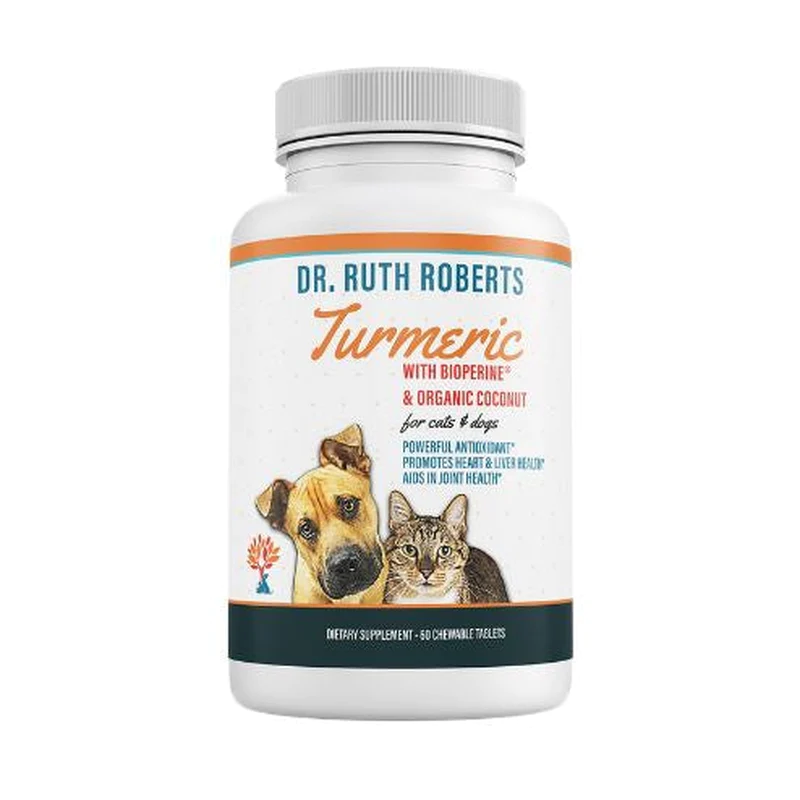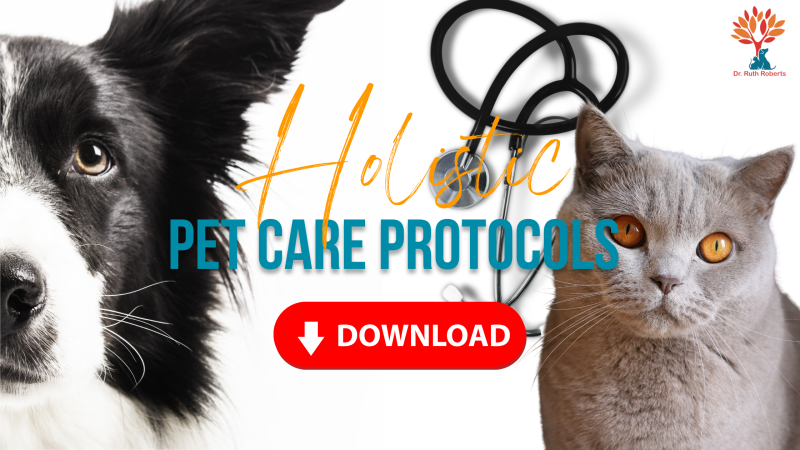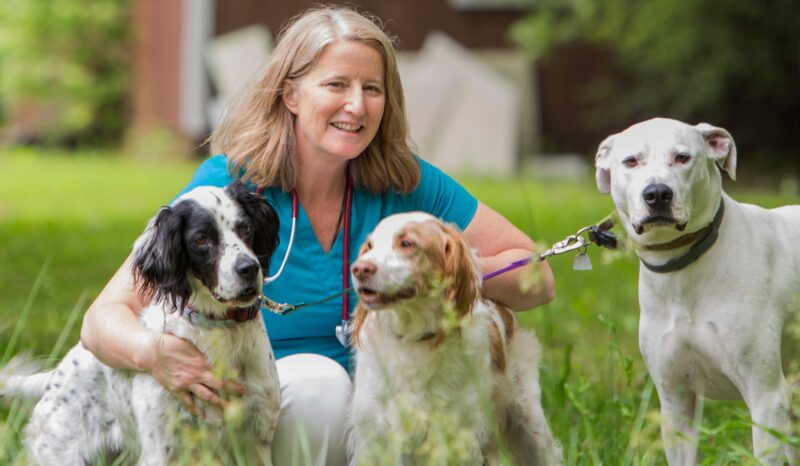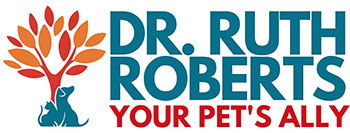Calorie restriction for your pet can feel like the opposite of being a caring owner. When those big brown eyes are pleading for just another serving, it can be hard to refuse an extra scoop of food.
But reducing the amount that your pet eats can actually be love in disguise.
The Journal of the American Medical Association Internal Medicine recently published a study that sheds light on how cutting back may help your pet.
In the study, a group of men and women cut their calories by 25% for two years. At the end of experiment, the participants experienced better sleep at the one-year mark and a significant weight loss at the two-year mark.
They also enjoyed less stress and improved general health. This study was conducted on humans, so it’s not an exact parallel. (I know you think your furry friend is pretty human anyway!)
However, our cats and dogs are so closely tied to our lifestyle that they share some of our bad habits—like being a couch potato and overeating. So it’s helpful to apply the findings here to our pets.
Here are a few tips for helping your pet experience the benefits that come from calorie reduction.
Switch to Natural Pet Food
It will be easier to have your pet feel fuller on smaller portions when you switch him to a natural pet food.
Not only do many store-bought foods contain harmful ingredients, but they typically are corn-based.
This means they provide little nutrition or protein.
What you need to do is switch your pets to whole foods.
Not only will they feel much fuller (and you’ll be able to cut back on portion size), but they’ll also experience improved energy.
This is especially true if your fun-loving friend is slowing down a little.
A simple diet change can cause your elderly dog or cat to experience the wonderful benefits of improved energy, reduced weight, reduced join paint, and a perkier spirit.
Schedule Smaller, More Frequent Meals

When you cut Fido back, he may experience some stomach growling.
It may help him to have more frequent meals, even if they are smaller in size.
If you feed your cat or dog two meals a day, try breaking up those two meals into three servings.
Your pet will still be eating the same reduced amount of food, but he or she will be eating more frequently.
Measure Meals Ahead of Time
When you begin The Original CrockPET Diet®, you’ll find that I recommend measuring out and freezing your special friend’s meals ahead of time. It’s important to plan ahead, especially if you constantly find yourself feeding your pet when you’re in a rush. It’s easier to haphazardly throw your pet’s meal in the bowl without really sizing it up when you’re in a hurry.
Transition with Healthy Snacks

It can be difficult for your pet to lay off his or her favorite pastime—eating!
To make the transition a little smoother, prepare your pet some healthy snacks.
Instead of offering a full-fledged meal, pop your pup a small snack to take the edge off his appetite.
In previous blog posts, we’ve covered some great recipes. Try out our healthy pet popsicles.
They’re great for these hot August days. You can also easily make some homemade healthy liver treats that your dog will love.
Check out both of these recipes. Your pet will thank you!
As always, the most important thing to help your pet cut back is to provide your pet the proper nutrition.
Fido won’t need so much food when he gets what his body needs. The Original CrockPET Diet® will help your pet’s journey toward calorie restriction be a little easier.


